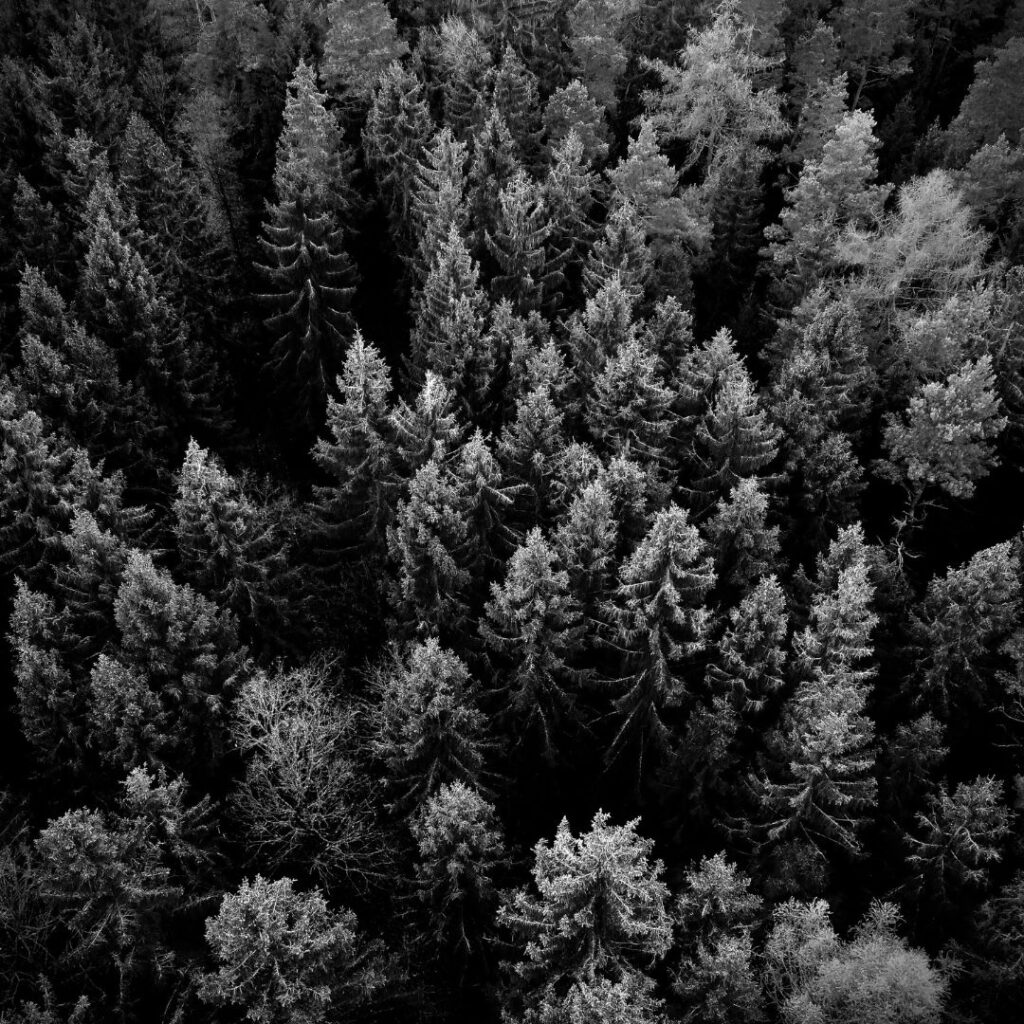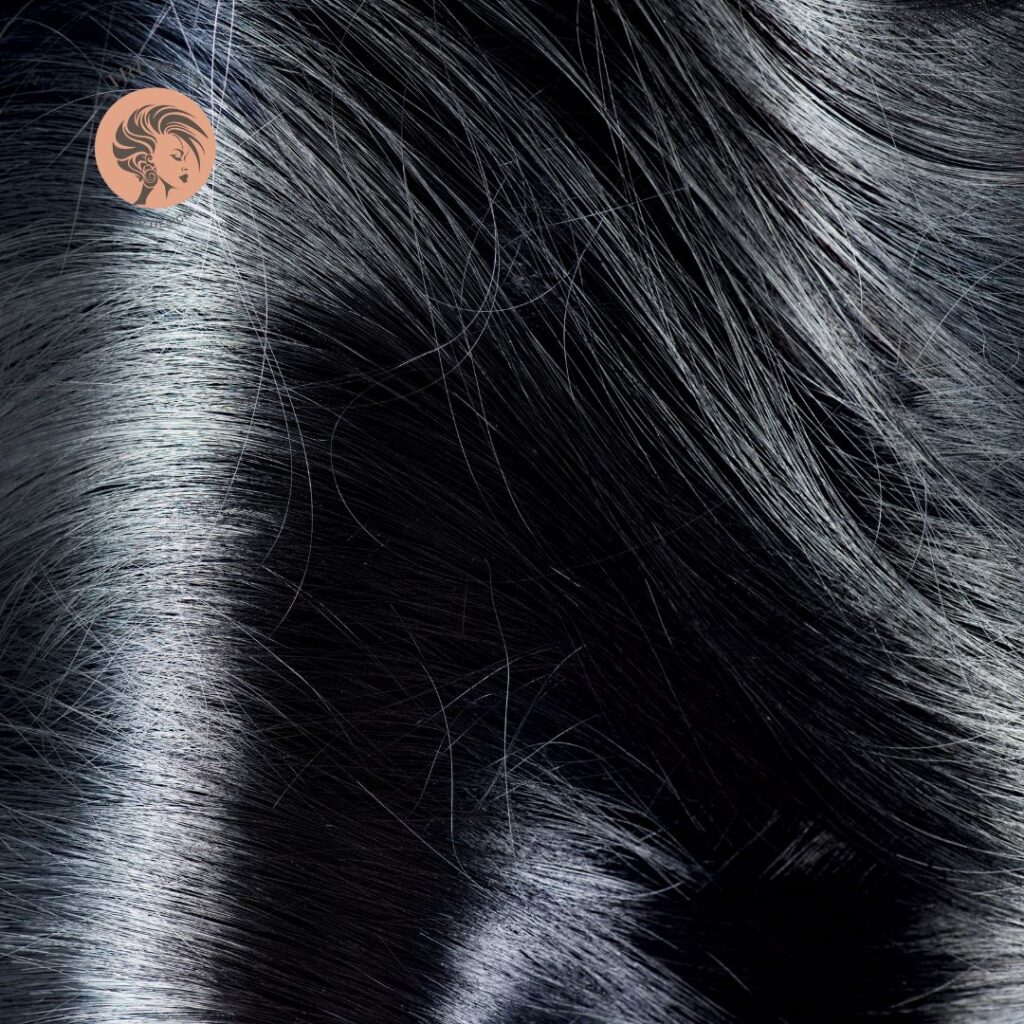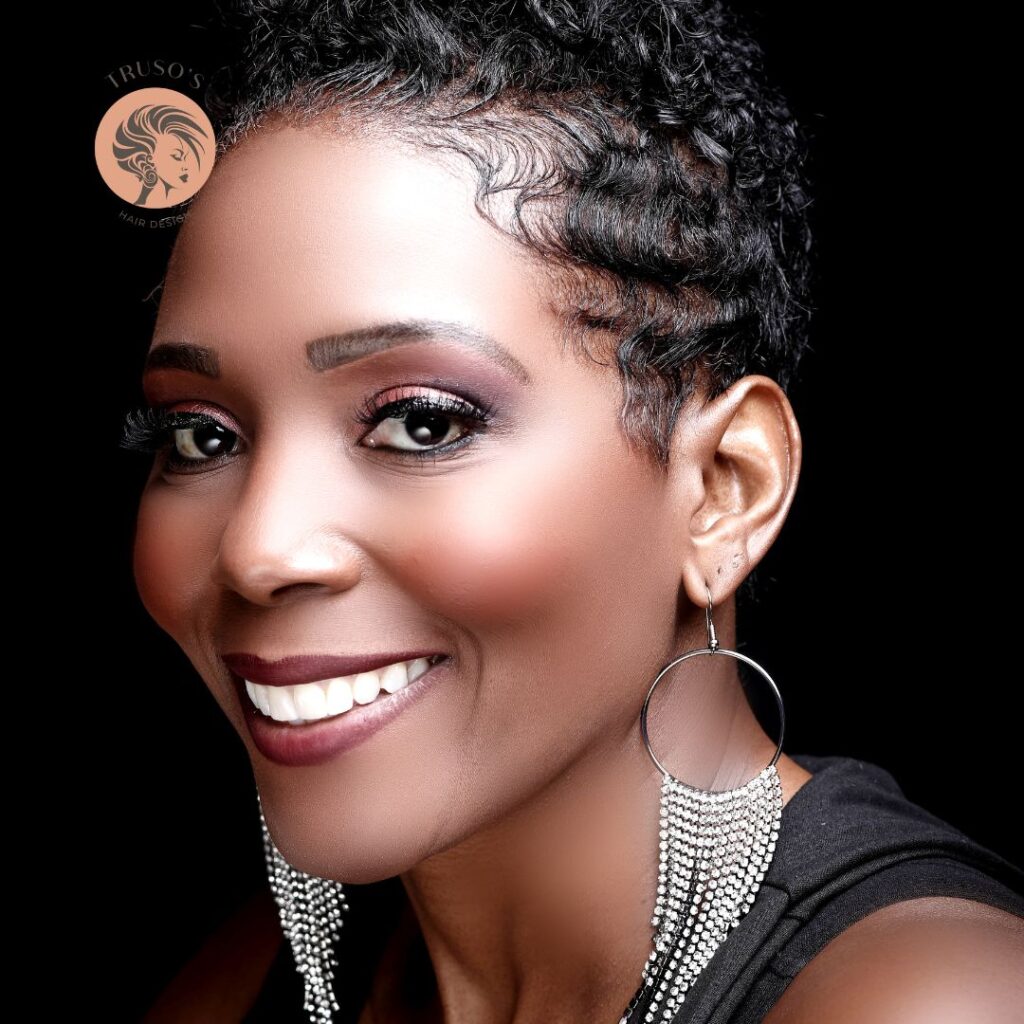Winter Harshness
Winter can be a beautiful season, with its sparkling snow and cozy nights by the fire. However, many of us dread the toll that cold weather takes on our hair. It’s common to ask, “Why is my hair so bad in the winter?” The answer lies in the effects of cold, dry air and indoor heating on our hair’s health. Understanding these factors can help us implement effective winter hair care routines.
How Cold Weather Affects Hair
During winter, environmental conditions change dramatically. The cold air outside is often accompanied by low humidity, which can strip moisture from your hair. When you switch from the chilly outdoors to heated indoor environments, the drastic temperature change can exacerbate hair problems. This dual assault leads to various winter hair issues such as dryness, frizz, and breakage.
The Effects of Dry Air
The dry air prevalent in winter can be a nightmare for your tresses. When hair loses moisture, it can become brittle, leading to breakage and split ends. Furthermore, dry hair can become static, making it unmanageable. This is where a good winter hair care routine becomes essential. Incorporating hydrating products can help offset the effects of this dry air.
Indoor Heating: A Hidden Culprit
While we all cherish the warmth of indoor heating during winter, it can also contribute to the deterioration of hair quality. Central heating systems can further decrease humidity levels inside, resulting in even drier conditions for hair. It’s important to recognize that while we seek comfort indoors, our hair continues to suffer. Therefore, winter hair care should not be neglected.
Combating Indoor Heating Effects
To mitigate the adverse effects of indoor heating, consider using a humidifier in your home. Increased moisture levels can create a more balanced environment for your hair. Moreover, drinking plenty of water helps keep your body and hair hydrated during the dry winter months.
Key Tips
- Use Moisturizing Products: Invest in shampoos and conditioners designed for dry hair. Look for products with natural oils like argan oil or coconut oil, which provide much-needed hydration.
- Limit Washing: Reducing the frequency of hair washing can help retain natural oils that keep hair moisturized. Aim for two to three washes per week, and consider co-washing using a conditioner instead of shampoo.
- Protective Hairstyles: During winter, adopting protective hairstyles can be beneficial. Braids, buns, and updos can shield ends from harsh weather and prevent tangling.
- Regular Trims: Keeping your hair trimmed will eliminate split ends and promote healthier growth. Regular trims can make a big difference in maintaining the overall health of your hair in winter.
- Hot Oil Treatments: Treat your hair to a hot oil treatment at least once a month. Oils such as olive oil, jojoba oil, or almond oil are great for infusing moisture back into dry hair.
- Avoid Heat Styling: If possible, try to limit the use of heat styling tools like curling irons and hair dryers during winter. Blow-drying can exacerbate dryness, so let your hair air dry whenever you can.
Final Thoughts
The transition from fall to winter brings with it a range of challenges for our hair. The combination of cold weather and indoor heating can wreak havoc on your hair. By implementing effective winter hair care strategies, we can combat dryness, improve overall hair quality, and ensure that our locks remain vibrant throughout the season.
Remember, taking care of your hair during winter is not just about aesthetics; it’s about maintaining health and preventing damage. A thoughtful approach to your winter hair care will not only improve your hair’s appearance but also its strength and longevity. Embrace the season with confidence and love your hair, no matter the weather!
Visit our blog page for more articles!




